Article No. 377784
Water-based protective agent for end-grain wood
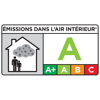
Product specifications
On delivery
The stated values represent typical product characteristics and are not to be construed as binding product specifications.
Field of application
- For use on interior and exterior wood
- Soft and hard woods
- Dimensionally stable wood building elements: e.g. windows and doors
- Wood building elements with limited dimensional stability, e.g. folding shutters, matchboarding, summerhouses
- Wood building elements with no dimensional stability: e.g. fences, framework, carports, planking
- Moisture protection for cut surfaces and end-grain wood
- Edge coating & sealing for panel materials (e.g. screen printing plates)
- Full-surface moisture protection for front door panels made of exterior grade MDF/Tricoya
- Full-surface protection of woods exposed to pollutants in indoor areas and in a system with PU Wood Strengthener
Properties
- Film-forming
- Repels water
- Elastic
- Inhibits diffusion
- Effective restriction of volume increase due to moisture in the treated wood
- Can be overcoated with conventional coating systems
-
Preparation
-
Substrate requirements
The substrate must be clean, dry, free of dust, grease and loose substances, and prepared in the correct manner.
Dimensionally stable wood building elements: wood moisture content 11-15%
Wood building elements with limited or no dimensional stability: wood moisture content max. 18%
-
Preparations
Use on cut wood and end-grain wood:
If necessary, impregnate non-resistant woods with a wood preservative* (*Use biocides safely. Always read the label and product information before use).
Varnished surfaces in particular should be primed with a coloured primer.
After priming, carry out light intermediate sanding.
Applying the preservative for cut and end-grain wood
Use on exterior grade MDF/Tricoya:
Sand using a sandpaper grit of P150-180.
Use as a pollutant blocker:
Carry out impregnation for pollutant immobilisation with PU Wood Strengthener (observe drying times).
-
-
Application
-
The values given are based on undiluted material. The best spraying pattern is achieved if the material has a temperature of 15-20 °C.
Stir well.
Apply with a brush, roller or by spraying.
Airless spraying: nozzle size: 0.28-0.33 mm; material pressure: 90-120 bar.
Air-mix spraying: nozzle size: 0.28-0.33 mm; material pressure: 70-90 bar, atomiser air pressure 1-2 bar.
A repeat application may be required in exceptional cases.
Intermediate and final coats of suitable products can be applied after drying.
Seal opened containers well and use contents as soon as possible.
-
Application instructions
-
Check colour, adhesion and compatibility with the substrate by setting up a trial area.
Ensure good ventilation.
Observe current standards and guidelines for coating wood building elements outdoors (Codes of Practice issued by the German Association of Window and Facade Manufacturers (VFF), Code of Practice No. 18 issued by the German Federal Committee for Paint and the Protection of Material Assets (BFS), guidelines issued by the German Lacquer and Printing Ink Association (VdL) and ift guidelines issued by the Institut für Fenstertechnik).
The system finder on our website www.remmers.com contains coating recommendations for specific wood types to be used when treating windows and exterior doors.
-
Drying
Can be overcoated: after approx. 2 hours
Practice values at +20 °C and 65% relative humidity.
Low temperatures, poor ventilation and high humidity delay drying.
-
Thinning
Ready to use
-
Working tools / cleaning
-
Acrylic brush, microfibre paint roller, airless/airmix spraying equipment
-
Clean tools immediately after use with water and detergent.
Ensure that any residue from cleaning is disposed of correctly.
-
Storage / shelf life
-
If stored unopened in its original container in a cool, dry place and protected against frost, the product will keep for at least 24 months.
-
Usage
-
Approx. 100 ml/m² depending on the absorbency of the substrate
-
Disposal instructions
-
Larger quantities of leftover product should be disposed of in the original containers in accordance with the applicable regulations. Completely empty, clean containers should be recycled. Do not dispose of together with household waste. Do not allow to enter the sewage system. Do not empty into drains.
-
-
Safety / regulations
-
For further information on the safety aspects of transporting, storing and handling the product and on disposal and environmental matters, please see the current Safety Data Sheet.
-


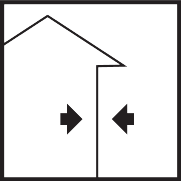

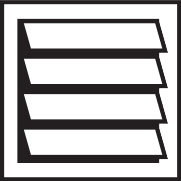



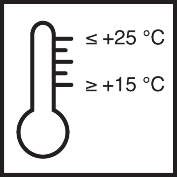
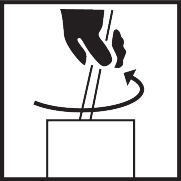


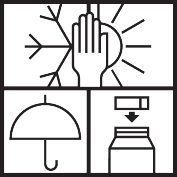

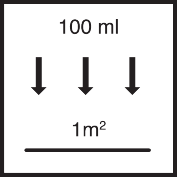













![Aqua OML-48/tm Oil Medium Layer Stain [eco] Aqua OML-48/tm Oil Medium Layer Stain [eco]](https://m.remmers.com/gebindeabbildungen/2400w/51830.png?w=100&version=8)
